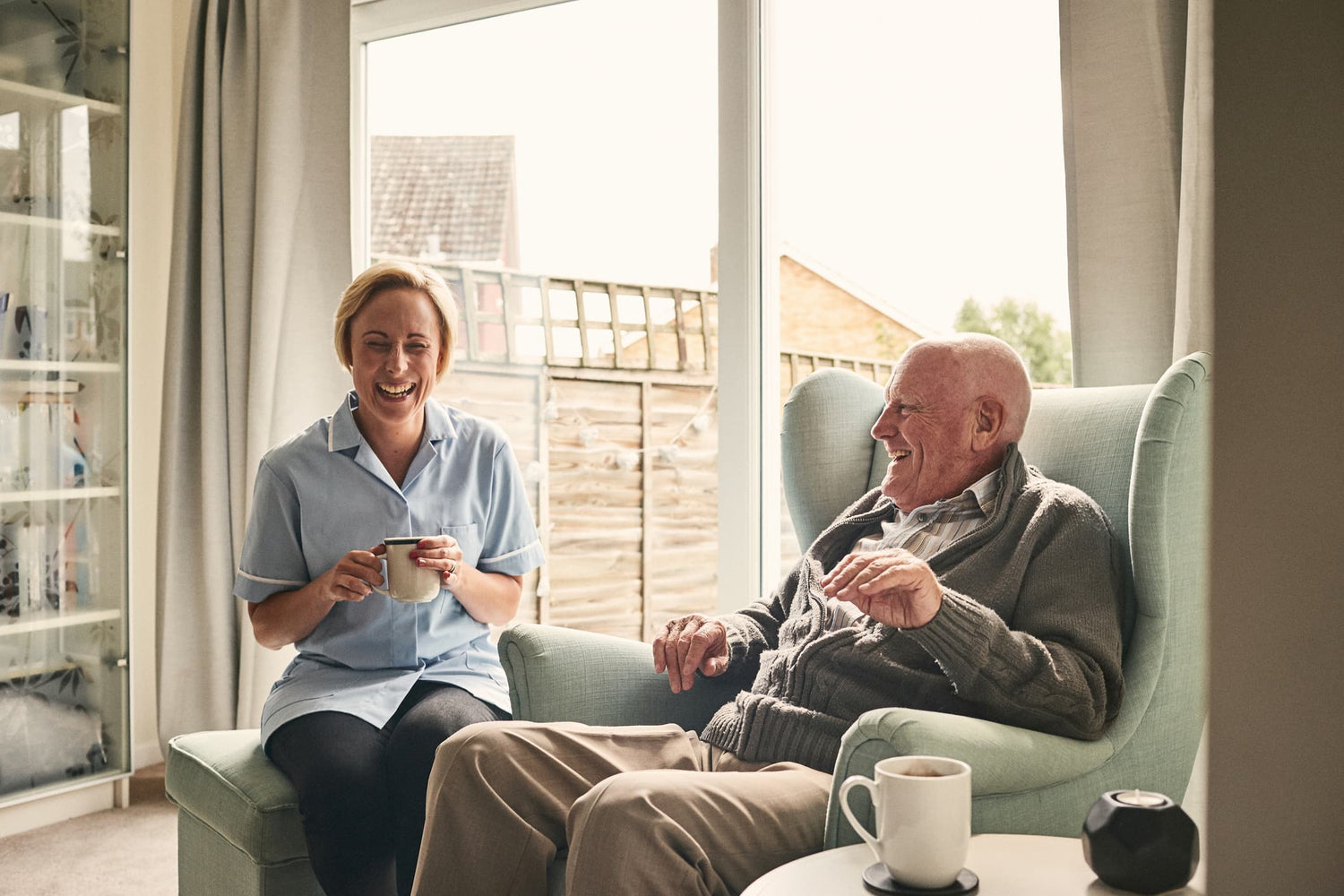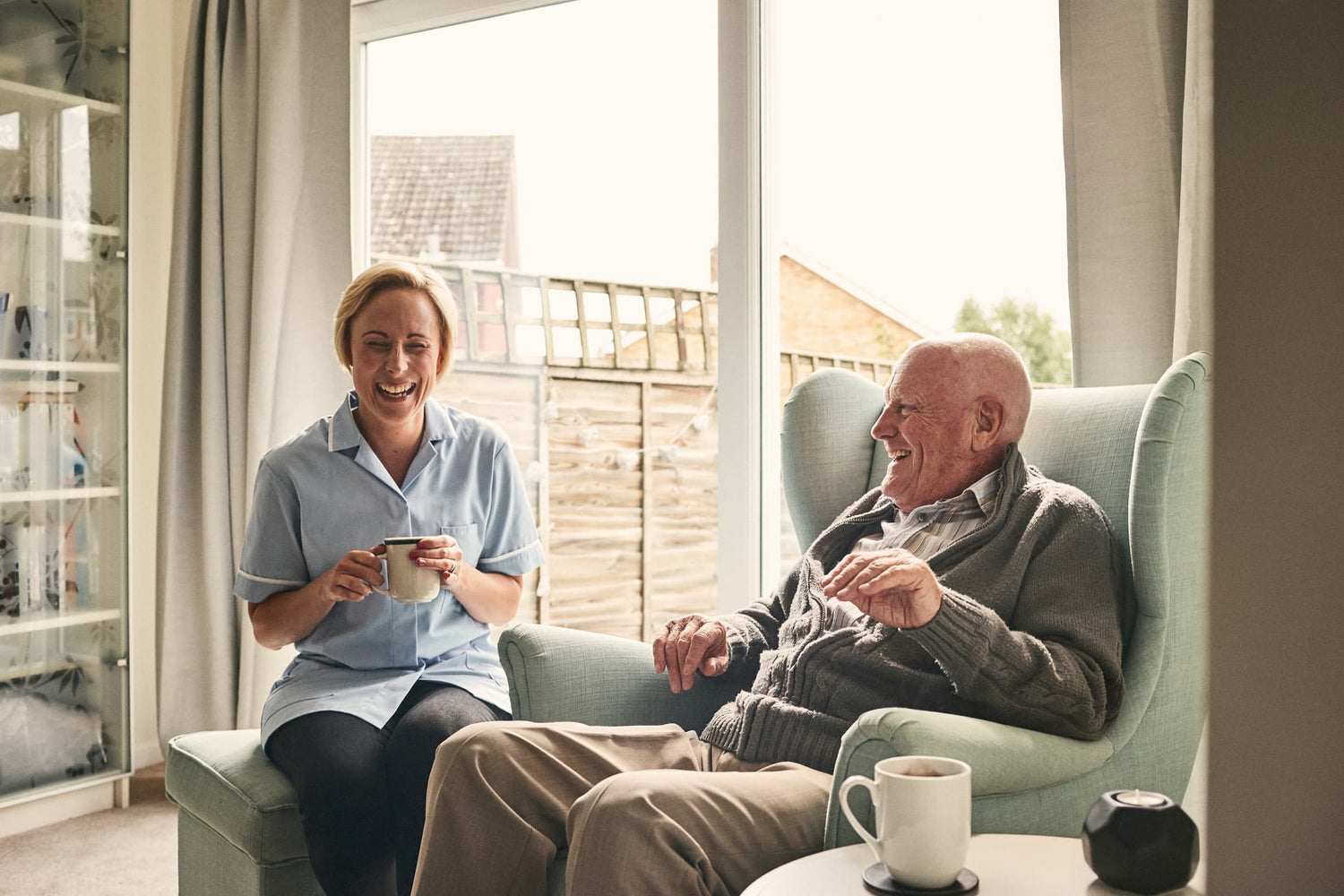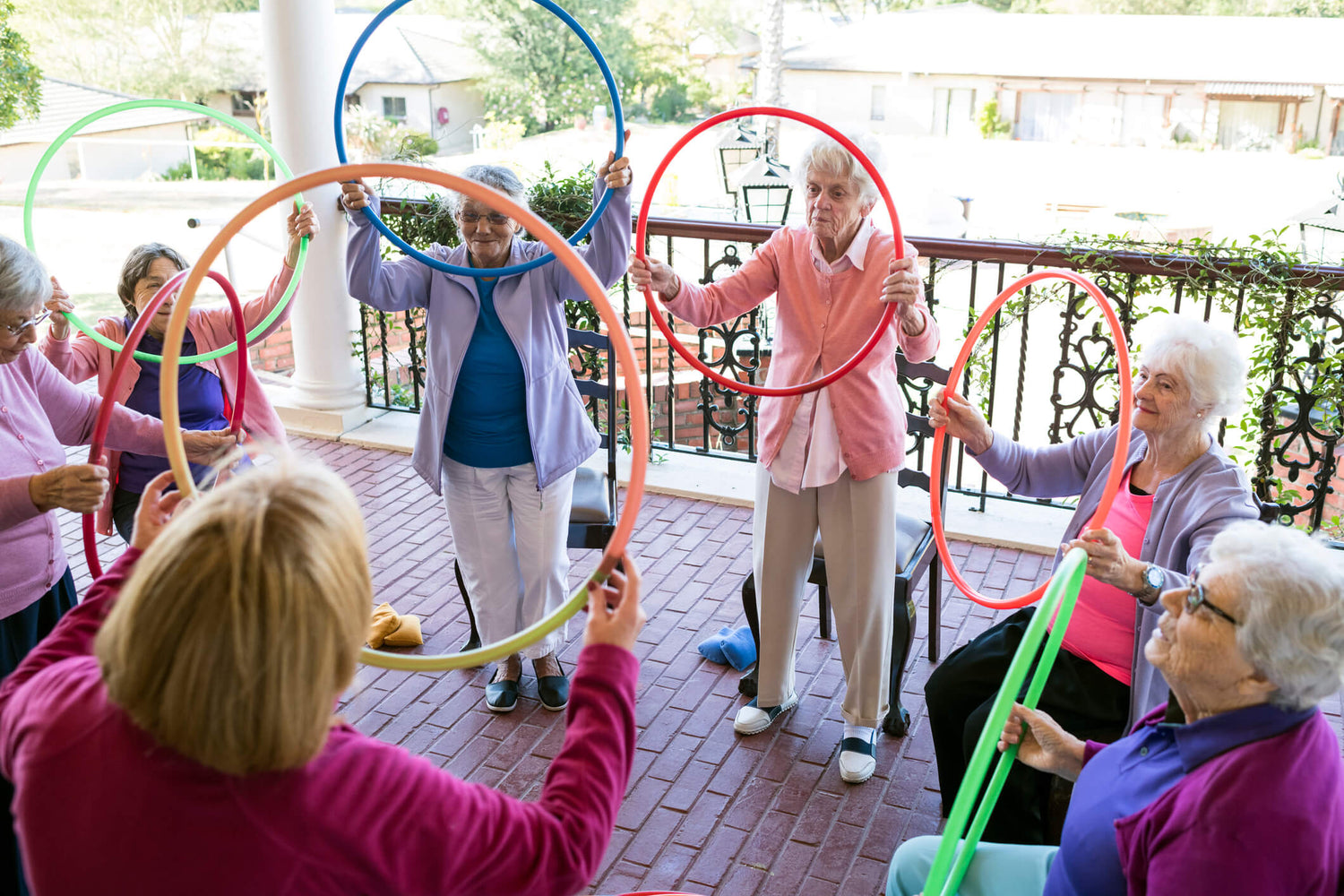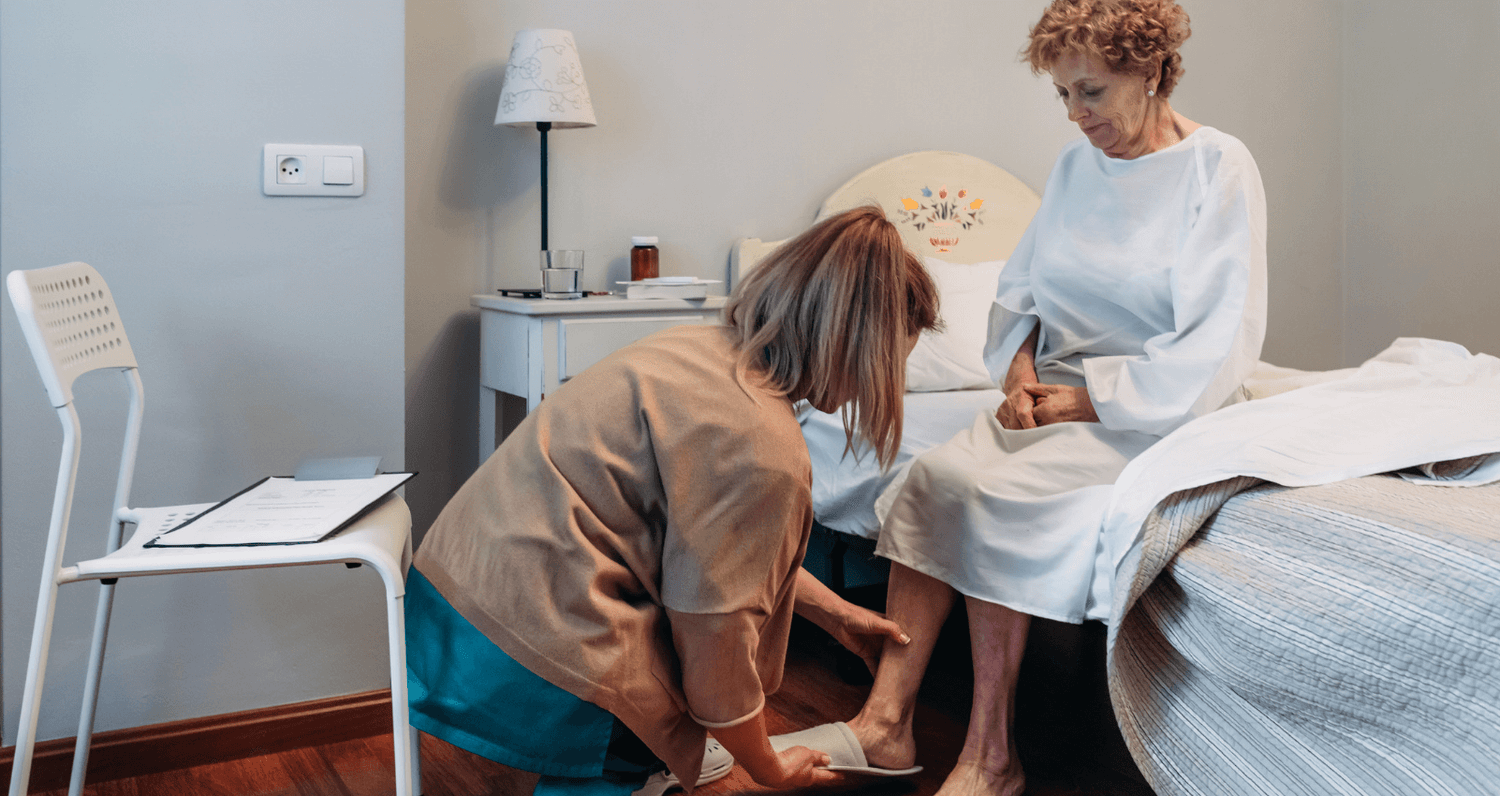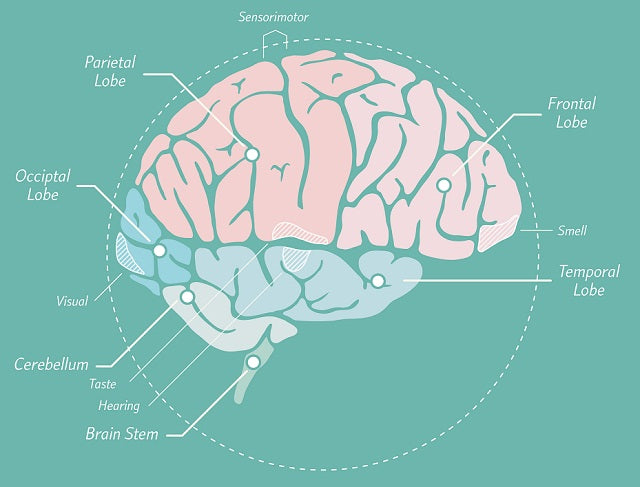Residential Care Officer
Residential Care Officers are essential in supporting individuals in care settings like group homes and rehabilitation centres. They assist with daily activities, provide personal care, and help residents develop life skills while ensuring their safety and well-being. This role requires strong communication, empathy, and problem-solving skills, making it an ideal fit for those passionate about making a difference in people's lives. With increasing demand for skilled professionals in this field, it’s a great time to consider a career as a Residential Care Officer.
Ready to make a positive impact? Take the first step towards this rewarding profession today!
Explore your career as an:
- Aged Care Worker
- Disability Support Worker
- Community Services Worker
- Nursing Assistant
- Personal Care Assistant
- Personal Care Worker
- Patient Care Assistant
- Recreation Activities Officer
- Residential Care Officer
- Family Support Worker
- Youth Worker
- Counsellor
- Dental Assistant
- Dental Practice Manager
- Ward Assistant
- Mental Health Officer
- Case Worker
- Drug & Alcohol Worker
- Therapy Assistant
- Physiotherapy Assistant
- Occupational Therapy Assistant
- Community Services Manager
- Outlook
- Duties
- Blogs
The landscape for Residential Care Officers is expanding, driven by the growing demand for aged care, disability support, and community services. Job growth in this sector is projected to remain strong due to an ageing population and increased need for specialised care. Residential Care Officers often find job satisfaction through meaningful work, providing direct support to individuals in need, though the role can be challenging. The work environment is typically team-based, with opportunities for personal and professional development.
Gender Split
Employment by State
Highest Level of education (%)
Age Brackets
What can you expect from working as a Residential Care Officer?
A Residential Care Officer plays a crucial role in providing support and care for individuals living in residential facilities, often assisting vulnerable people such as children, the elderly, or those with disabilities. This role requires a caring, patient, and empathetic approach to ensure the well-being of those in residential care.
- Provide Personal Care: Assist residents with daily activities like bathing, dressing, and grooming.
- Support Emotional Well-being: Offer emotional support and create a positive atmosphere, fostering social interactions and a sense of community.
- Monitor Health and Safety: Ensure residents' health by monitoring their physical and emotional well-being and reporting concerns to healthcare professionals.
- Administer Medication: Dispense prescribed medications and maintain accurate records.
- Promote Independence: Encourage residents to be as independent as possible while providing the necessary support.
- Engage in Activities: Plan and participate in recreational activities to enhance residents' quality of life.
- Maintain Records: Keep detailed records of residents' care, progress, and any incidents or concerns.
- Collaborate with Staff: Work closely with other healthcare and support staff to ensure coordinated care for all residents.
This role requires a caring, patient, and empathetic approach to ensure the well-being of those in residential care.
*The information on this page is sourced from the Jobs and Skills Australia website, based on their occupational data collected in May 2024. Where job titles may not be exact matches, related job areas have been used. This data is intended as a guide only.
How to become a Residential Care Officer?
Becoming a Residential Care Officer requires a mix of education, practical experience, and personal skills. While formal qualifications aren't always necessary, completing a VET course can boost your job prospects by teaching essential skills like personal care and communication. Practical experience through placements or volunteering is also highly valued.
Certificate III in Individual Support (Ageing and Disability)


-
Flexible payment options
-
Study to fit into your routine
-
Nationally recognised accreditation
-
Start studying as soon as you enrol
-
No exams, ever.
Certificate IV in Youth Work


-
Flexible payment options
-
Study to fit into your routine
-
Nationally recognised accreditation
-
Start studying as soon as you enrol
-
No exams, ever.
Diploma of Youth Work


-
Flexible payment options
-
Study to fit into your routine
-
Nationally recognised accreditation
-
Start studying as soon as you enrol
-
No exams, ever.
Certificate IV in Disability Support


-
Flexible payment options
-
Study to fit into your routine
-
Nationally recognised accreditation
-
Start studying as soon as you enrol
-
No exams, ever.
Induction


-
Flexible payment options
-
Study to fit into your routine
-
Nationally recognised accreditation
-
Start studying as soon as you enrol
-
No exams, ever.
Certificate III in Community Services


-
Flexible payment options
-
Study to fit into your routine
-
Nationally recognised accreditation
-
Start studying as soon as you enrol
-
No exams, ever.
Certificate III in Individual Support (Disability)


-
Flexible payment options
-
Study to fit into your routine
-
Nationally recognised accreditation
-
Start studying as soon as you enrol
-
No exams, ever.
Certificate III in Individual Support (Ageing and Disability)


-
Flexible payment options
-
Study to fit into your routine
-
Nationally recognised accreditation
-
Start studying as soon as you enrol
-
No exams, ever.
Certificate IV in Youth Work


-
Flexible payment options
-
Study to fit into your routine
-
Nationally recognised accreditation
-
Start studying as soon as you enrol
-
No exams, ever.
Diploma of Youth Work


-
Flexible payment options
-
Study to fit into your routine
-
Nationally recognised accreditation
-
Start studying as soon as you enrol
-
No exams, ever.
Certificate IV in Disability Support


-
Flexible payment options
-
Study to fit into your routine
-
Nationally recognised accreditation
-
Start studying as soon as you enrol
-
No exams, ever.
Induction


-
Flexible payment options
-
Study to fit into your routine
-
Nationally recognised accreditation
-
Start studying as soon as you enrol
-
No exams, ever.
Certificate III in Community Services


-
Flexible payment options
-
Study to fit into your routine
-
Nationally recognised accreditation
-
Start studying as soon as you enrol
-
No exams, ever.
Certificate III in Individual Support (Disability)


-
Flexible payment options
-
Study to fit into your routine
-
Nationally recognised accreditation
-
Start studying as soon as you enrol
-
No exams, ever.
Certificate III in Individual Support (Ageing and Disability)


-
Flexible payment options
-
Study to fit into your routine
-
Nationally recognised accreditation
-
Start studying as soon as you enrol
-
No exams, ever.
Certificate IV in Youth Work


-
Flexible payment options
-
Study to fit into your routine
-
Nationally recognised accreditation
-
Start studying as soon as you enrol
-
No exams, ever.
Diploma of Youth Work


-
Flexible payment options
-
Study to fit into your routine
-
Nationally recognised accreditation
-
Start studying as soon as you enrol
-
No exams, ever.
Advance your career with Accredited Online Courses
Gain industry-recognised qualifications with our flexible online courses in Australia. Study at your own pace and achieve your career goals from the comfort of your home.





